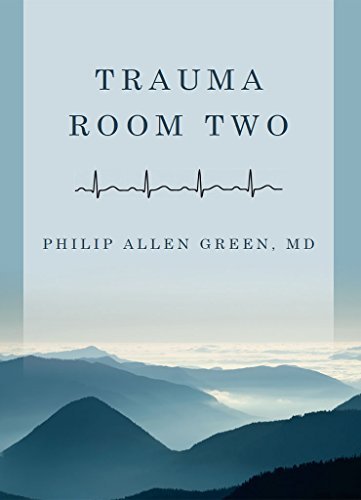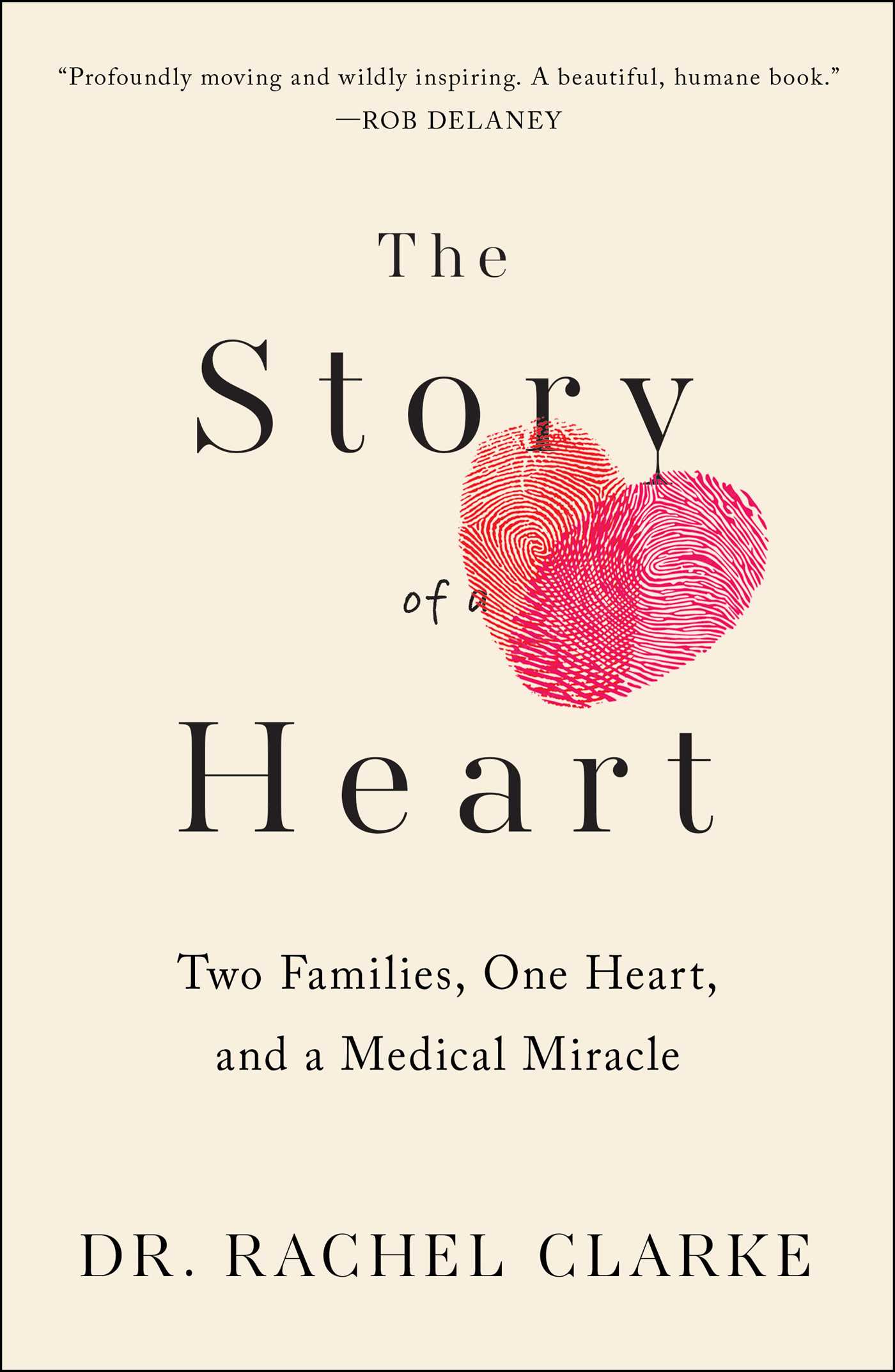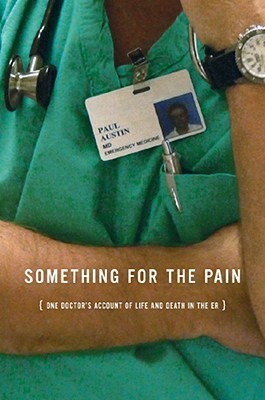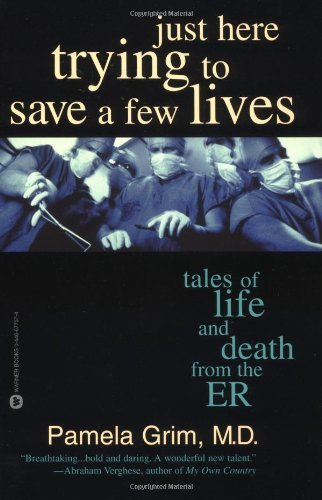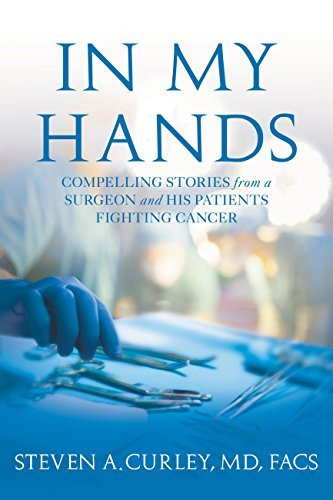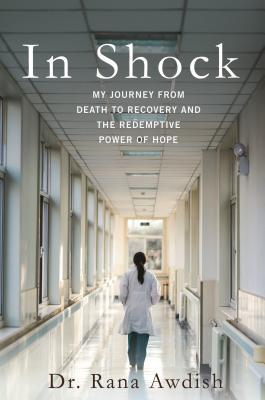
In Shock: My Journey from Death to Recovery and the Redemptive Power of Hope
Book Description
Beneath the sterile lights of a hospital room, a life hangs by a thread—a battle fought on the edge of survival. Rana Awdish’s true story unveils a harrowing descent into the abyss of death, where every heartbeat is a valiant act of defiance. With courage as her compass, she navigates the harrowing landscape of medical trauma, the stark realities of patient care, and the transformative power of hope. As she emerges from the darkness, resilience blooms in unexpected places. What does it mean to truly confront death and emerge with a new vision for life?
Quick Book Summary
"In Shock: My Journey from Death to Recovery and the Redemptive Power of Hope" by Rana Awdish is a profound memoir that details the author's near-fatal medical crisis and her transformative recovery. As a critical care physician who suddenly becomes a critically ill patient, Awdish offers a rare dual perspective on the shortcomings and strengths of modern medicine. Her journey exposes the emotional disconnect often present in patient care, the vulnerability of both patients and medical professionals, and the profound importance of empathy, communication, and hope. Through her ordeal, Awdish emerges with a clearer vision for a compassionate healthcare system and becomes a passionate advocate for bridging the gap between clinical detachment and human connection in medicine.
Summary of Key Ideas
Table of Contents
The Lived Experience of Critical Illness
Rana Awdish's ordeal begins abruptly when she suffers a dangerous bleed while seven months pregnant, leading to a cascade of life-threatening complications. Facing multiple organ failures, emergency surgeries, and overwhelming odds, she is thrust from her role as a doctor to that of a vulnerable patient. This transition lays bare the fragility of life and exposes her to the fear, confusion, and isolation patients often endure. Her detailed recollections invite readers into the harrowing yet all-too-familiar world of medical trauma from the inside out.
Empathy and Communication in Medicine
Throughout her journey, Awdish becomes acutely aware of the gaps in the healthcare system, particularly the lack of empathy and effective communication. She recounts how clinical language, hurried care, and emotional distance can devastate patients already fighting for their lives. These moments of profound disconnect leave her feeling invisible and unheard, underscoring how critical compassionate communication is to healing. Awdish's observations serve as both a critique and a call for transformation in the culture of medicine.
The Dual Perspective: Doctor and Patient
Her unique vantage point—having been both a physician and a patient—offers rare insight into how medical training can sometimes strip away humanity in favor of clinical detachment. Awdish realizes that doctors, while well-intentioned, often repress their own fears and vulnerabilities. This detachment, once protective, now prevents the authentic connection necessary for true healing. Her experience reveals the powerful impact of vulnerability—not only in patients but also in healthcare providers.
Resilience and the Will to Live
Despite the darkness, Awdish discovers reservoirs of resilience and an indomitable will to survive. She encounters moments of deep kindness, support, and unexpected hope from both loved ones and members of her care team. These experiences help her realize how hope is cultivated even in the bleakest circumstances. By sharing her own struggle and gradual recovery, Awdish highlights the importance of finding meaning and purpose after trauma, not merely surviving but truly living again.
Redefining Hope and Purpose
Emerging from her journey forever changed, Awdish devotes herself to reshaping the physician-patient relationship. She advocates for an approach to medicine that centers on empathy, connection, and genuine communication. Her story is an urgent reminder that healing encompasses body and soul, and that the redemptive power of hope can transform both patients and caregivers. "In Shock" ultimately offers an inspiring blueprint for rehumanizing medicine and honoring the profound dignity in every patient's story.
Download This Summary
Get a free PDF of this summary instantly — no email required.
